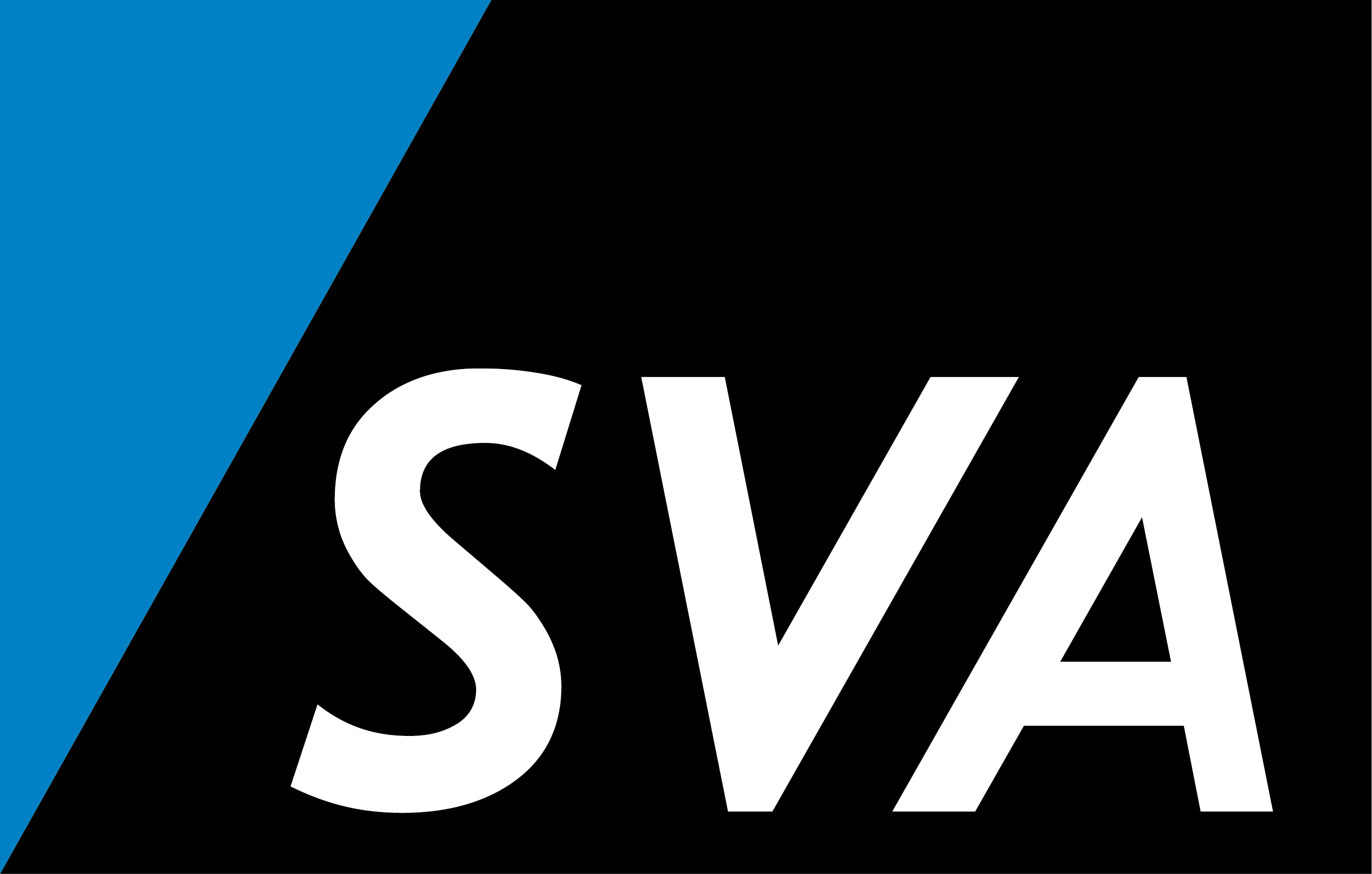Blockchain
Blockchain – The Future of Secure Administration
Record keeping and notarization are central processes in public administration. Here, the state plays the role of a neutral and trustworthy intermediary. An entire arsenal of analog instruments has been created for this purpose, ranging from certificates and official documents to seals and notarially certified copies.
A blockchain is the digital equivalent of these instruments. It enables full and secure integrity, transparency and unassailability, and is therefore always an option when the focus is on secure access to personal data in records and certificates. Smart contracts enable the automation of administrative processes, making these faster, more efficient and more secure.
The Federal Office for Migration and Refugees (BAMF) set up a blockchain project to improve collaboration in asylum processes. This project showed how a functioning and evaluated system can improve communication between authorities, as well as enabling fast and secure information sharing. This has made the BAMF a pioneer among German authorities in the use of blockchain technology.
The convergence of cloud, artificial intelligence, Internet of Things, big data and blockchain, together with existing administration systems, is enabling a whole new level of innovation and efficiency. Our aim is to make public administration fit for blockchain.
"We offer our experience with new disruptive technologies, expertise in blockchain and cyber security, and know-how for public administration."
Any Questions?
If you would like to know more about this subject, I am happy to assist you.
Contact us
